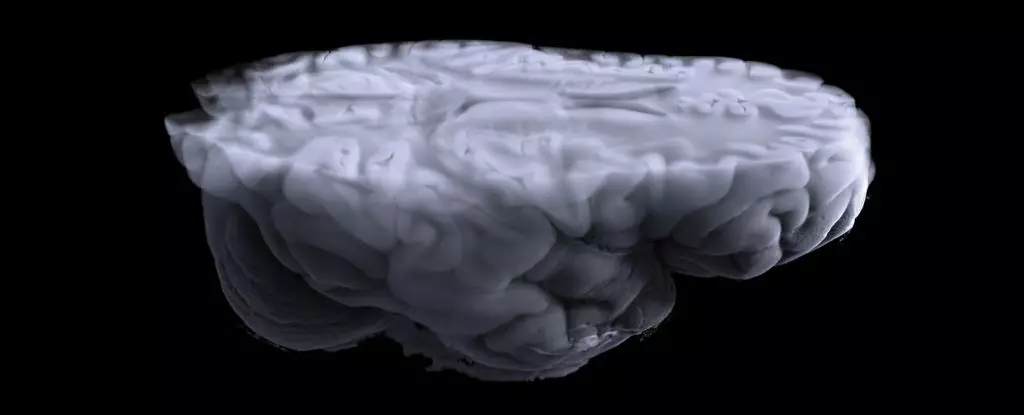The ovaries are not just organs responsible for reproduction in females. They play a vital role in producing hormones that have a significant impact on a person’s heart, bones, brain, and immune system as they age. Recent research has shed light on the potential consequences of surgical removal of both ovaries on long-term health.
A brain imaging study involving over 1,000 females over the age of 50 in the US has revealed some alarming findings. Participants who underwent surgical removal of both ovaries before the age of 40 showed reduced white matter in various parts of their brain compared to those who had not undergone the procedure. Even participants who had the surgery after the age of 40 showed decreased white matter integrity, albeit to a lesser extent.
Link Between Ovary Removal and Cognitive Impairment
Research has found a correlation between the removal of both ovaries before menopause and a higher risk of cognitive impairment and dementia later in life. However, the exact reasons for this link have not been fully understood until now. The focus on male brains in neurological studies has left a significant gap in understanding the impact of sex hormones on brain health.
The Role of Testosterone in Brain Health
While testosterone is often associated with male hormones, it is also produced by the ovaries in females and plays a crucial role in brain development. Studies suggest that the sudden loss of testosterone due to ovary removal before menopause can have negative effects on the brain’s integrity. This could explain the observed changes in white matter following the surgery.
Despite the advancements in research, many questions remain unanswered regarding the lifelong health implications of ovary removal in females. While the procedure is necessary in cases of cancer, its use for benign conditions raises concerns about the potential risks involved. Experts argue that the risks and benefits of ovary removal at a young age need to be thoroughly evaluated to avoid unnecessary health complications.
Removing both ovaries at a young age can lead to early menopause, increasing the risk of various chronic health conditions such as bone density loss, cardiovascular disease, and cognitive impairment. Preserving the ovaries whenever possible is essential to safeguard overall health and well-being. The recent findings highlight the need for a more comprehensive assessment of the risks associated with ovary removal in females.


Leave a Reply